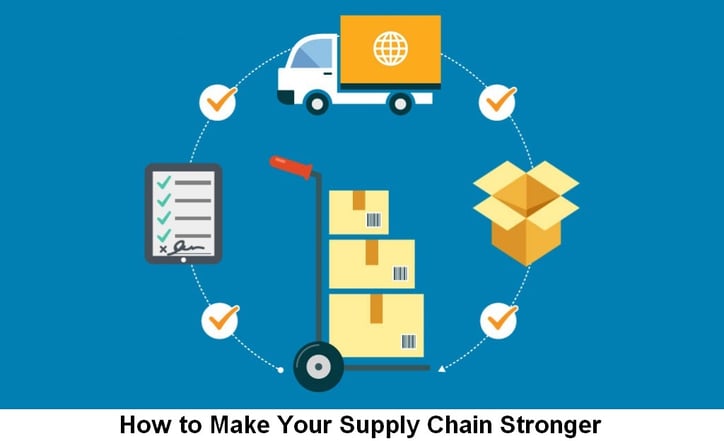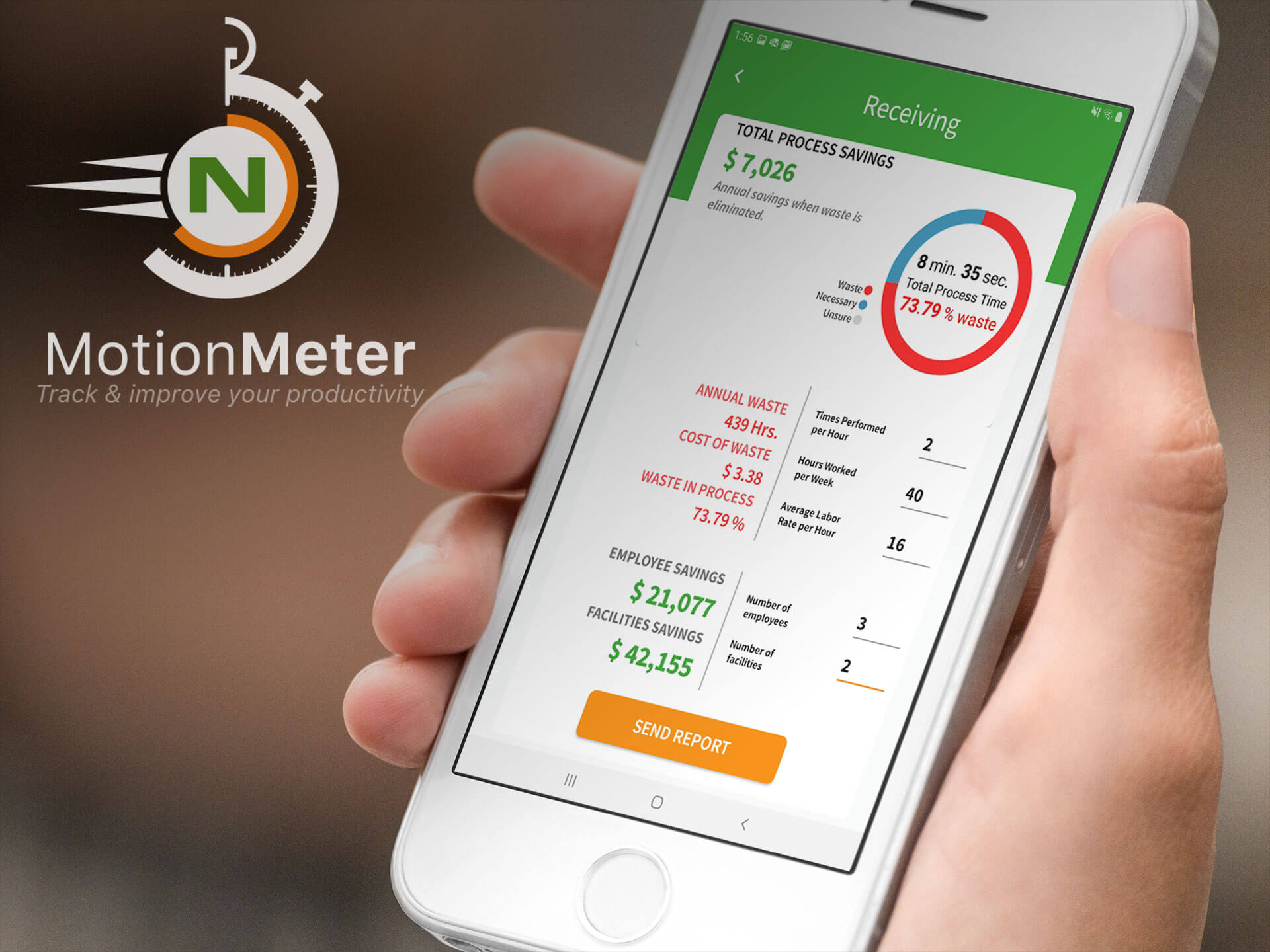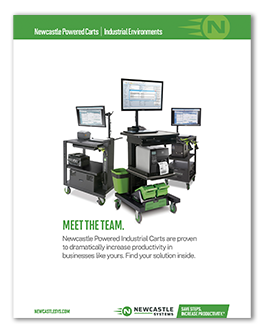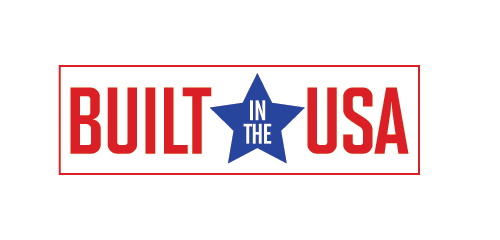
Whether you’re a large company or just starting out, one of the most important parts of your business is your supply chain. Most of the time, if your chain is not stable or reliable, then things will start to fall apart quickly, meaning that you need to take active steps to ensure that that doesn’t happen. With that in mind, here are some proven strategies you can adopt to strengthen your supply chain and make sure that things run as smoothly as possible. Best of all, each of these strategies will work no matter how big your company is or how long the supply chain may be.
Build Relationships With Suppliers
First and foremost, it’s imperative that you get to know the people and businesses that make up your supply chain. First, start off with your primary suppliers and then build from there. If you continue with a standard business relationship, then you are doing yourself a disservice and making things harder should anything go wrong down the line.
One of the best reasons to talk with your suppliers is to help build trust. This is especially true if you are a smaller company that’s just starting out. Things happen, and you don’t want to try to make nice after the fact. Be open and honest with everyone, and you can build a strong foundation upon which to grow your business.
Know Every Link in the Chain
After talking with your primary suppliers, then you want to move towards full transparency of the whole chain. Who do they get materials from, and so on. Knowing each link in the chain can not only help you in case something happens to one of the companies, but it will ensure that you are properly sourcing your products and delivering the best results to your customers. If quality of service is important to you, seeing the big picture will give you a better idea of how well you can deliver on that promise.
Test and Retest Your Operations
For most companies, streamlining their operations is a crucial step to ensuring profitability. Efficiency is always the best option, and there will always be new ways for you to achieve peak performance on the floor.
One thing that you don’t want to do, however, is implement a new procedure without testing it first. Make sure that you take the time to research and train on the new system and bring all of your employees up to speed. The more information that everyone has, the better chances you will have of immediate success, rather than fixing things as you go. This way, you can make sure that you are not a weak link in the chain.
Don’t Put Cost Over Value
Most small businesses are so concerned about prices that they are willing to buy subpar materials and products if it can mean more profitability on the front end. However, this is always a mistake as it will affect your company in a variety of ways. First of all, cheaper suppliers may not be as reliable, the materials may not always be up to your standards, and your customers will notice the difference.
Overall, the value is far more crucial than cost, meaning that you should focus on everything besides the price tag. That doesn’t mean you need to go with the most expensive option, but reliability and quality are far more valuable than saving some money in the short term. Simply put, cutting costs will weaken your supply chain in the long run.
Be Transparent
We already talked about having transparency in your supply chain, but that also applies to your business as well. Be up front with your managers and employees about all policies, especially when there is a change. If your staff has to find out through gossip in the break room, then it will lead to a loss of productivity as they will start to feel unappreciated or worthless. Part of having a well-run company is making sure that everyone is on board. Also, make sure that your suppliers are properly notified about your policies and procedures so that they can make sure to uphold them on their end.
Use Technology
Finally, with modern devices permeating the landscape, you should be on top of new trends and technologies that can make your life easier. One of the best ways to implement upgrades is to make them more mobile.
Tracking data and information on the floor as opposed to in the office means that you can stay on top of your inventory and ensure things are running smoothly at all times. Invest in a high-tech system that can pinpoint problem areas for you and make sure that you don’t get any kinks in your supply chain. The more you can automate, the less chance there is for human error and the better off you will be.












